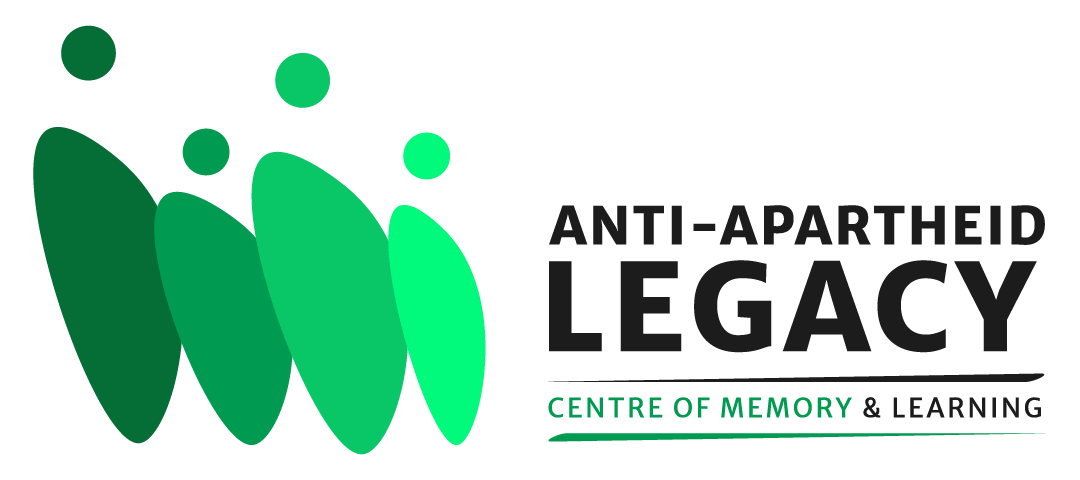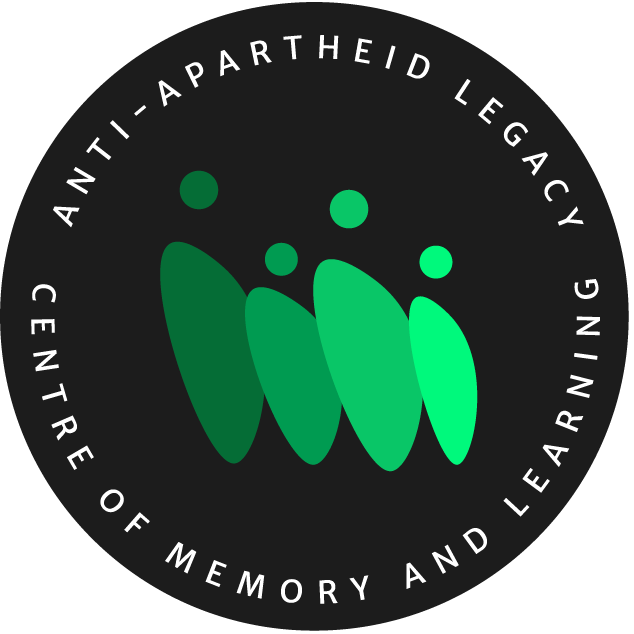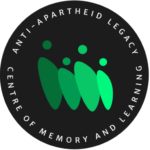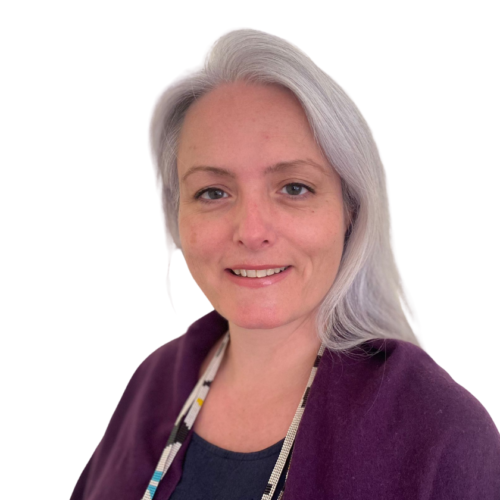
A former Secondary Head of Religious Education and Philosophy, Caroline holds a PGCE in secondary education (University of Roehampton, UK), MA in Theology (Oxon) and a Masters in History of Art (University of the Witwatersrand, South Africa) where she specialised in museum education, decolonial praxis, exhibition curation and community cohesion through archival engagement. Her MA research included the development of a bespoke interactive walking tour app that fused archival materials, oral histories and creative response to surface under-known heritage and promote community pride.
Caroline brings experience in engaging intergenerational communities, building trusted stakeholder relationships and managing complex projects (with former roles at St. Paul’s Cathedral and Condé Nast). For Anti-Apartheid Legacy, Caroline is responsible for the shaping and delivery of the Anti-Apartheid Legacy: Centre of Memory and Learning. This includes partnerships, programming, heritage management, audience development and community engagement, strategy, policy development, fundraising, marketing, education and outreach.
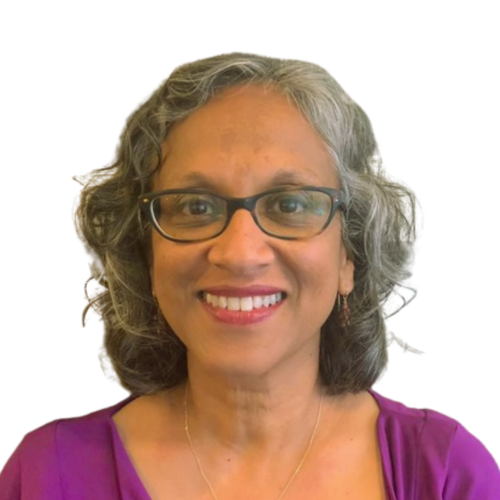
Nadia is an experienced oral historian. She first worked as an interviewer on Tufnell Park Tales, supporting a community exhibition of transcripts with accompanying photographs. As part of our work, Nadia is conducting interviews with South African struggle elders. This has included her mother, Adelaide Joseph, former member of the Transvaal Indian Congress and the Federation of South African Women; the transcript is published in collection entitled My Mother’s Story (Oral History Association of South Africa, 2021). She worked on the publication of her father’s memoir Slumboy From The Golden City (2018) and authored a chapter in a soon to be published anthology reflecting on the legacy of Mandela (Bloomsbury, expected 2024).
Nadia also works part-time at New Beacon Books and is co-founder of an educational outreach initiative, Education Through Culture.
Nadia’s role at Anti-Apartheid Legacy is to deliver research and engagement in the heritage of the movement against apartheid, leading heritage participation across a range of audiences. 28 Penton Street is a site is of significance to Nadia as it was at the heart of the UK’s exiled liberation movement, in which her parents played key roles.

His family members were involved, to varying degrees in the liberation struggle, an aspect that had great influence on his orientation towards making a commitment to social justice and liberation. Jane Tseleng, his maternal grandmother was part of the 1956 Women’s March on the Union Buildings in Pretoria. His parents, David and Cecilia, contributed to the resistance movement via various ways; hiding activists in their home, moving banned material across borders and challenging the disparities of racially-separate health services (his mother was later the Health Consultant for the Vatican in Africa).
Thapelo experienced first-hand the realities of the brutality of apartheid through the constant disruption to schooling, protests and the harsh reaction of the Security Police to these demonstrations. At high school he was elected as chairman of the Phuthing Current Affairs Society, providing a relative haven for exploring the socio-economic and political reality of the time.
His Bachelor of Social Sciences (University of Cape Town) majored Politics, Industrial Sociology and International Relations. Thapelo is passionate about Digital Media and Communications, and looks forward to adding value to TLTU on this front.
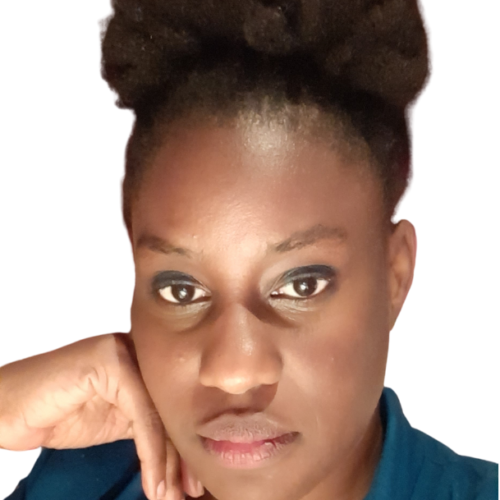
Alinta Sara is working as a lecturer at the CLCC at Imperial College as well as a freelance workshop producer with various organizations and galleries in London such as the October Gallery, Lon-Art, the Africa Centre. She managed the Sickle Cell Society heritage project “Our Journey, our story,” which looked at the history of sickle-cell disease in the UK. She co-curated the exhibition Divinations of Worlds to Come at the Agency Gallery as well as the exhibitions The Colour of Pain at Imperial College, Our Journey, Our Story at the Black Cultural Archives. As Heritage and Community Engagement Manager at TLTU she will bring her experience working on oral history projects as well as a curator to the wider project.
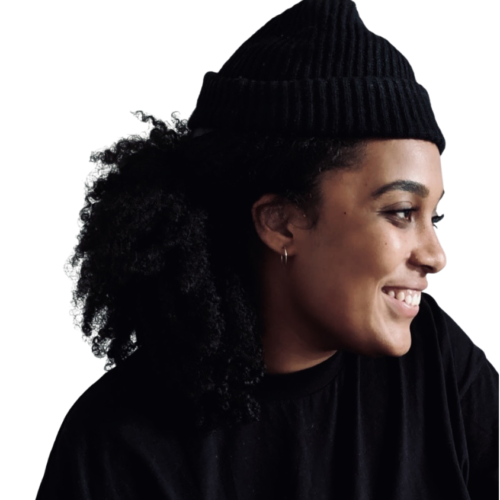
Rachel is also a filmmaker, photographer and has a keen interest in culturally inspired fashion.
She has an MA in Culture, Diaspora and Ethnicity from Birkbeck, London and is currently the Programmes Lead at The Liliesleaf Trust UK.
